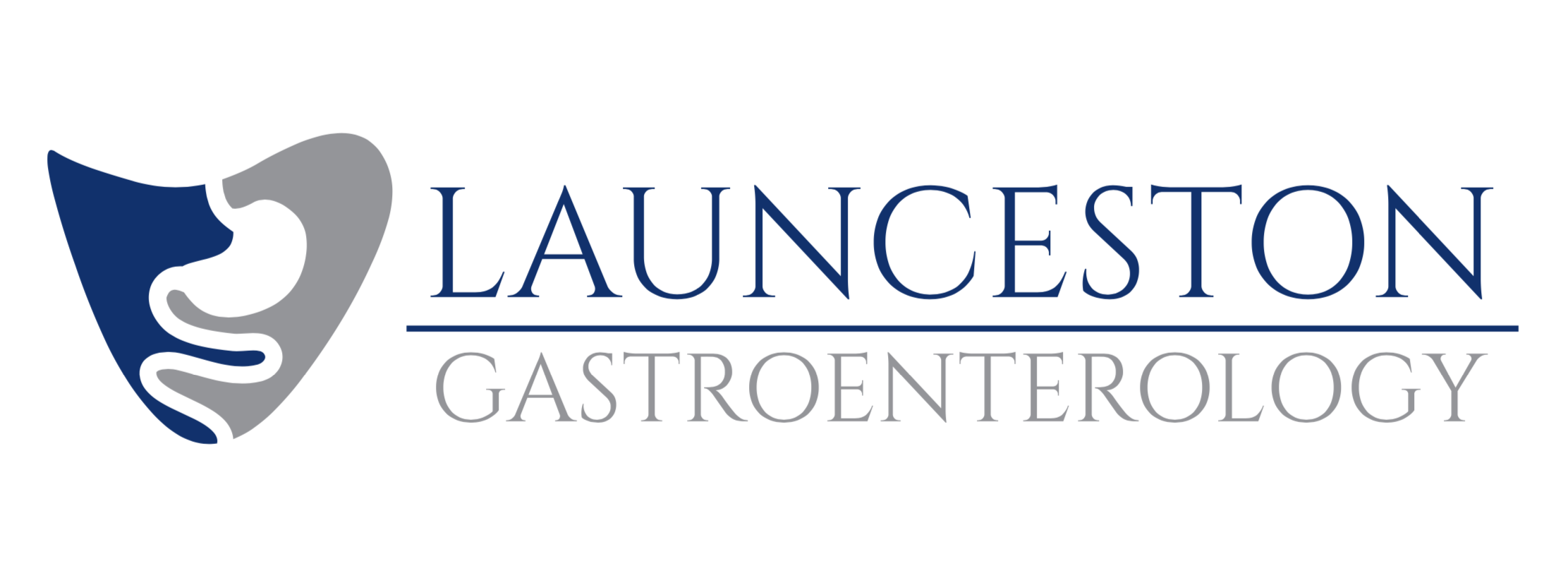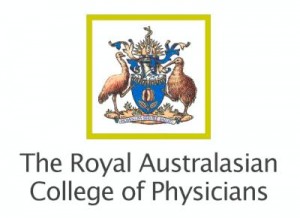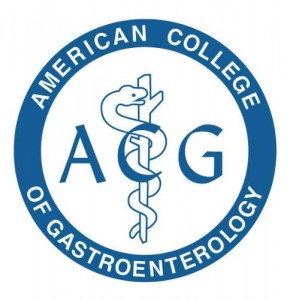A Gastroenterologist is a specialist physician with expertise in the management of diseases of the gastrointestinal tract and liver.
The American College of Gastroenterology (ACG) defines Gastroenterology as “the study of the normal function and diseases of the oesophagus, stomach, small intestine, colon and rectum, pancreas, gallbladder, bile ducts and liver. It includes common and important conditions such as colon polyps and cancer, hepatitis, gastroesophageal reflux (heartburn), peptic ulcer disease, colitis, gallbladder and biliary tract disease, nutritional problems, Irritable Bowel Syndrome (IBS), and pancreatitis.”
TRAINING
After completing a Medical degree (4-6 years), many more years of specialised post-graduate training are required to become a Medical Specialist.
At least 3-4 years of Internal Medicine training is first required, followed by specialised Gastroenterology training for at least 3 years.
The Royal Australasian College of Physicians oversees the training of all Gastroenterologists in Australia. The college then certifies those deemed fit for independent specialist practice.
The ACG website includes the following passage:
“Gastroenterologists also receive dedicated training in endoscopy (upper endoscopy, sigmoidoscopy, and colonoscopy) by expert instructors. Endoscopy is the use of narrow, flexible lighted tubes with built-in video cameras, to visualize the inside of the intestinal tract. This specialized training includes detailed and intensive study of how and when to perform endoscopy, optimal methods to complete these tests safely and effectively, and the use of sedating medications to ensure the comfort and safety of patients. Gastroenterology trainees also learn how to perform advanced endoscopic procedures such as polypectomy (removal of colon polyps), esophageal and intestinal dilation (stretching of narrowed areas), and hemostasis (injection or cautery to stop bleeding). Importantly, Gastroenterologists learn how to properly interpret the findings and biopsy results of these studies in order to make appropriate recommendations to treat conditions and/or prevent cancer.
Some Gastroenterologists also receive directed training in advanced procedures using endoscopes such as endoscopic biliary examination (endoscopic retrograde cholangiopancreatography or ERCP), removal of tumors without surgery (endoscopic mucosal resection or EMR), placement of internal drainage tubes (stents) and endoscopic ultrasound (EUS). This provides them with the training necessary to non-surgically remove stones in the bile ducts, evaluate and treat tumors of the gastrointestinal tract and liver, and provide minimally invasive alternatives to surgery for some patients.
The most critical emphasis during the training period is attention to detail and incorporation of their comprehensive knowledge of the entire gastrointestinal tract to provide the highest quality endoscopy and consultative services. The final product is a highly trained specialist with a unique combination of broad scientific knowledge, general Internal Medicine training, superior endoscopic skills and experience, and the ability to integrate these elements to provide optimal health care for patients. This advanced fellowship training is overseen by national societies committed to ensuring high quality and uniform education. These groups include the American Board of Internal Medicine, the American College of Gastroenterology, the American Gastroenterological Association, and the American Society for Gastrointestinal Endoscopy.”
WHAT MAKES GASTROENTEROLOGISTS DIFFERENT?
The unique nature of Gastroenterology training allows provision of high quality comprehensive care. The American College of Gastroenterology states:
“The unique training that Gastroenterologists complete provides them with the ability to provide high quality, comprehensive care for patients with a wide variety of gastrointestinal ailments. Gastroenterologists perform the bulk of research involving gastrointestinal endoscopic procedures as well as the interpretation of results, and are considered experts in the field. Studies have shown that Gastroenterologists perform higher quality colonoscopy examinations and comprehensive consultative services when compared to other physicians. This translates into more accurate detection of polyps and cancer by colonoscopy when performed by Gastroenterologists, fewer complications from procedures and fewer days in the hospital for many gastrointestinal conditions managed by trained gastroenterology specialists. It is this ability to provide more complete, accurate, and thorough care for patients with gastrointestinal conditions, which distinguishes Gastroenterologists from other physicians that provide some similar services.”
DOES A GASTROENTEROLOGIST PERFORM SURGERY?
Gastroenterologists do not perform surgery. Their work is limited to diagnosis and medical treatment of gastrointestinal conditions.
However Gastroenterologists frequently work in conjunction with Surgeons before and after surgery to help select the best operation for a particular patient, and provide follow-up care appropriate to the underlying problem.



